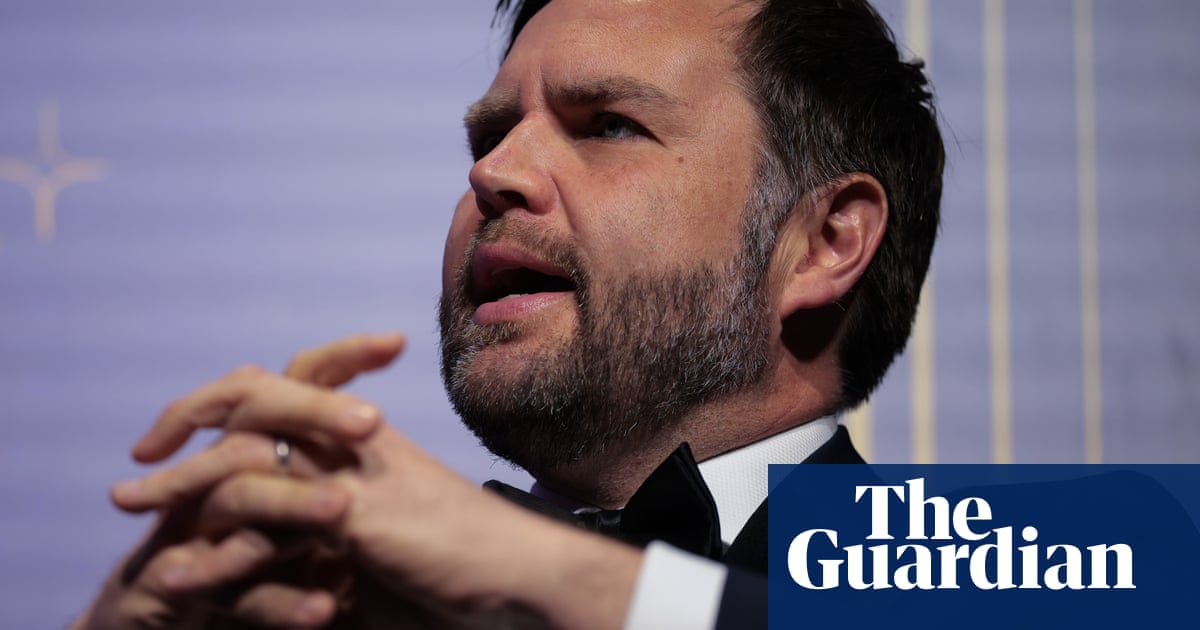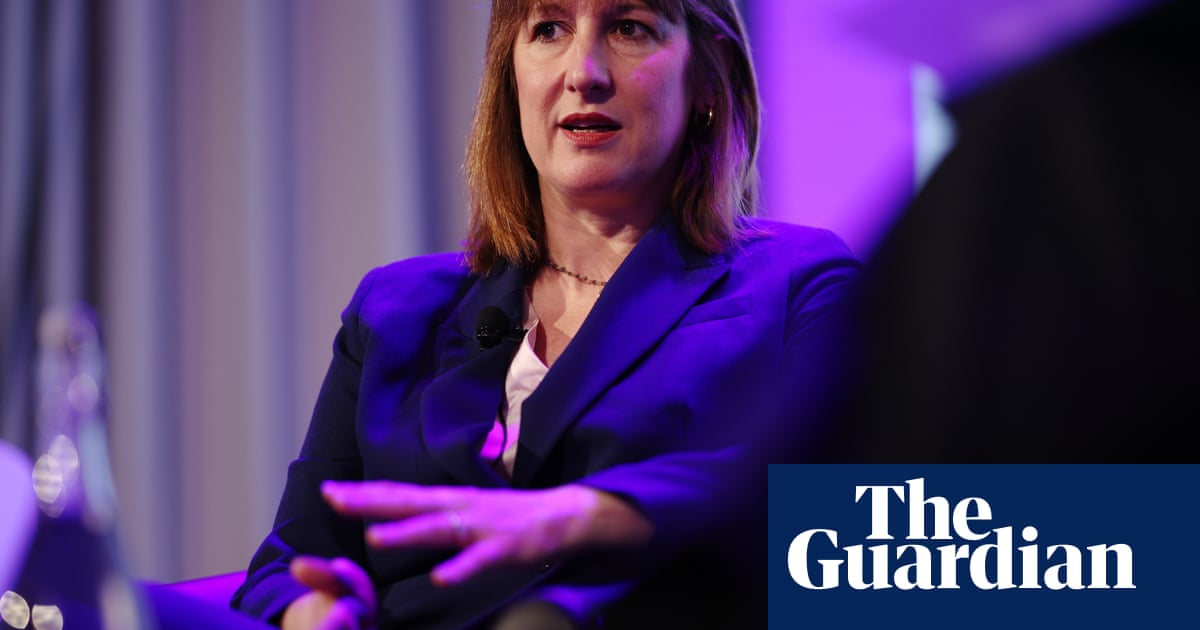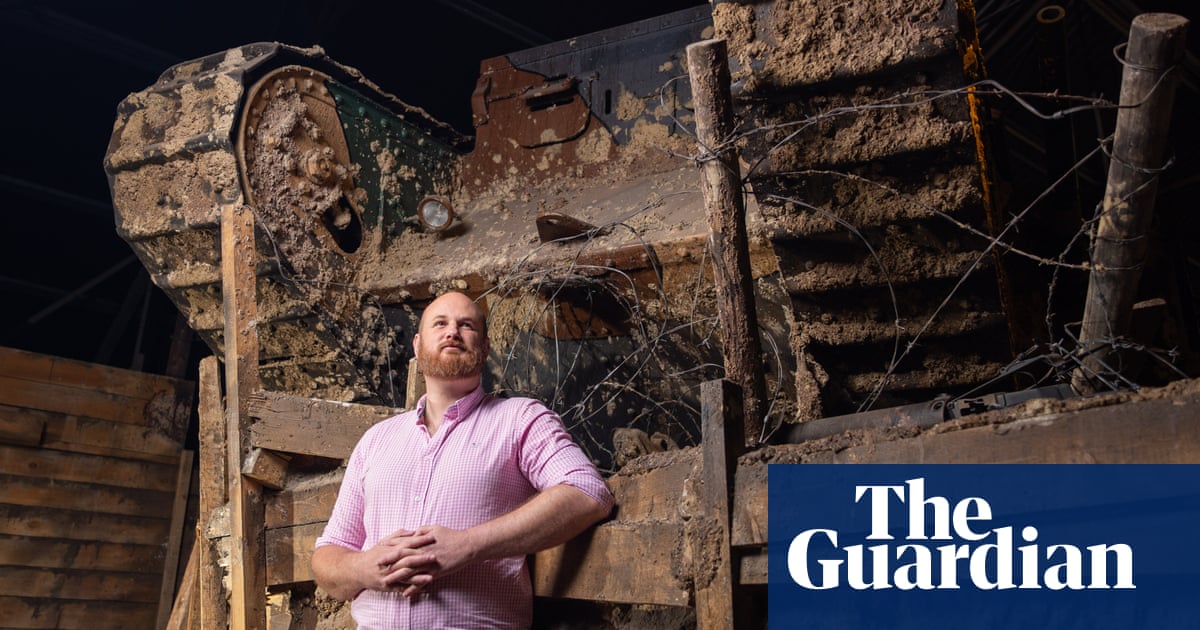“We gossip and tell stories because that is how we make sense of the world,” Kelsey McKinney writes in her new book, You Didn’t Hear This From Me: (Mostly) True Notes on Gossip.
Growing up in an evangelical community in Texas, McKinney was taught that gossip was a sin and spent years praying that God would take away her desire for it. She wanted to stop, but each time she heard a piece of gossip, she felt a deep desire to retell it. “I wanted to take it in my hands and mold it, rearrange the punch lines and the reveals until I could get the timing right enough that my friends in the cafeteria would gasp,” she writes in her book, out in the US this week.

Eventually, McKinney came to understand and appreciate gossip for its more honorable qualities – as a source of information gathering, and a means of holding people to account for their actions. She left the church and found journalism, a profession based on asking questions and sharing stories.
McKinney had no experience with podcasts when she came up with the idea for Normal Gossip, but “I knew in my gut that it would be very popular,” she told the Cut in 2023. During the pandemic she was missing “hearing stories from my friends about their friends” and she had a feeling that others were, too. Normal Gossip debuted in early 2022 and became a hit. The premise was simple: people submitted their stories about “friends of friends” and on each episode, McKinney would anonymize the story and tell it to a guest.
You Didn’t Hear This From Me functions as a sort of thesis to conclude her gossip research (McKinney announced in December that she was stepping away as host of Normal Gossip). In a collection of essays that are simultaneously well-researched, intimate to McKinney’s own life and are entertaining to read, she examines the role of gossip in everything from middle school to Mean Girls to Picasso, and concludes that “perhaps the greatest purpose of gossip is helping us understand our own perspective”.
Your book recognizes the beauty of gossip, and the fun of it, but it also delves much deeper than that. If there’s one thing that people come away with after reading, what do you hope that will be?
I think in writing the book, I realized that I want people to come away with, first off, an understanding that gossip is a much broader and more complicated topic than we allude to. It’s not just two people talking about a celebrity or two people talking about a crush. It’s a lot more complicated than that. And the second thing is that I want people to think about gossip more critically and the way that we use it and which parts matter to us.
You write about sexual assault, both your own experiences with it and how “the legal system is failing victims … We cannot trust it to save us, so it is tempting to believe that we can save ourselves”. Gossip in this case is a form of protection – “it can teach us whom to trust”.
At it’s base definition, gossip is two people talking about someone who isn’t there. So that can be you and me talking about Taylor Swift. It could be two doctors conferring over an X-ray. It can be all sorts of stuff. And one of the ways that we know that people use gossip is to protect themselves from power that is being abused. Sexual assault is a great example of this. But it’s also true within a workplace. Lower level employees talking about a boss who misbehaves is a way to protect yourself against a powerthey don’t have. There is power in numbers. It’s what unions are made of. And gossip can be a way to create solidarity among people. And so that can be workers. It can be people who are scared of being assaulted in any form.
You write about your own experiences with gossip and religion, and how gossip was intertwined with breaking your faith. What advice would you have for a young person experiencing that now?
It’s so hard to be a teen. And part of what’s really hard about it is reckoning with the things that you’ve been told are true your whole life, and what you are actually seeing in the world around you, and that is so hard. I mean, for me, a huge breaking point was gossip. It was understanding that the things I had been taught about gossip were not the things I believed them to be actually, in my experience of the world. And that kind of broke open a lot of different problems for me to try and investigate. I think that is just part of growing up. It’s hard to grow up and it’s hard to realize that maybe you weren’t told things that were true as much as you were told things to keep you in line.
You’ve said in a past interview that on the podcast you tried to anonymize stories perfectly so that many people would think it’s about them – “people think it’s their story because it’s so good and so true”. How did you decide which things needed to change?
We changed locations, we changed names, we changed anything that we thought could trace it back, because the goal of the podcast was not to hurt people. The goal was to entertain.
Do you feel, after making this podcast and writing this book, that your understanding of gossip has reached its fullest point? Or do you think it will keep evolving?
I think maybe when I finished the last draft of the book, I thought I knew it all. I thought I had taken this to the extent that it could be taken to, but there’s always something new. Justin Baldoni and Blake Lively could have done me a real favor by doing this drama before I wrote the book. That would have been really great for me. But it is a reminder that there’s always something to talk about. There’s always an angle in to these stories that isn’t what you think it is.
May I share some gossip with you?
Oh my god, yes. Tell me. What do you have?

It breaks the rule of “gossip is always about a friend of a friend”, because it’s about me. And I was thinking about how to write it down and retell it. It seems like a challenge to read a script and still keep it fun and conversational. How did you go about doing that?
I wrote all the scripts for my episodes, which helps. Because it’s in my voice. It’s also part of why I was very tired. There are a couple of things – the first is, a gossip story gets better the more you tell it, always. So, I would tell it. I would talk to people at the bar, I would talk to my friends, I would tell it to myself, and it would evolve. The jokes would hit better. I would figure out which details were important and which ones weren’t. And then I could go back and look at what the original story had said, and I would see how much it had changed, not intentionally, right? And that gives you a lot of insight.
Well, here’s my story. I went to drama camp in middle school in the 90s. And it was really exciting, because the drama camp had kids from all different middle schools there. So it felt like a whole new world of people. And I had a crush on a boy who was there, who I’ll call Pete. One day, I was devastated to find out that Pete was dating another girl at the camp named Jessica. It was a tragedy. I was talking to Pete’s friend about it, and he informed me that a group of kids were hanging out in the cafeteria, and someone asked Pete who he had a crush on, and that he was about to say my name, but then I walked into the room, so he said Jessica instead. And then apparently he had to date her.
God, being in middle school is so bad.
Yeah, there are rules, I guess. So that was very sad. And then, the summer ended, and life went on. And many years later, I was at home visiting my parents, and I went to the mall, and I saw Pete and Jessica – still together. This was probably like 15 years later.
What?!
And I looked them up on Facebook and confirmed it was true. And actually, before I did this interview, I looked them up again, and they’re still together. They have three kids.
Wow. Yeah, that’s good self gossip. I wonder how they remember it. Memory is such a funny thing. Like, who knows? Who knows if he remembers saying that?
Yeah, I wonder if they even remember who I am, or that that story exists at all.
Because it’s important to you, right? But in the narrative that they tell about their relationship, it probably doesn’t exist.
It would make it less romantic.
Much less romantic! And the friend never made a move on you? Because that’s another thing – if you lie about that, that grants you intimacy that you could then make a move on.
Yeah! [Note: this was the first time it ever dawned on me that the whole naming story could have been completely fabricated by Pete’s friend. A shocking revelation.]
I’m sorry that happened to you. But also, you could have three kids.
-
You Didn’t Hear This From Me: (Mostly) True Notes on Gossip is out now

 3 months ago
60
3 months ago
60

















































